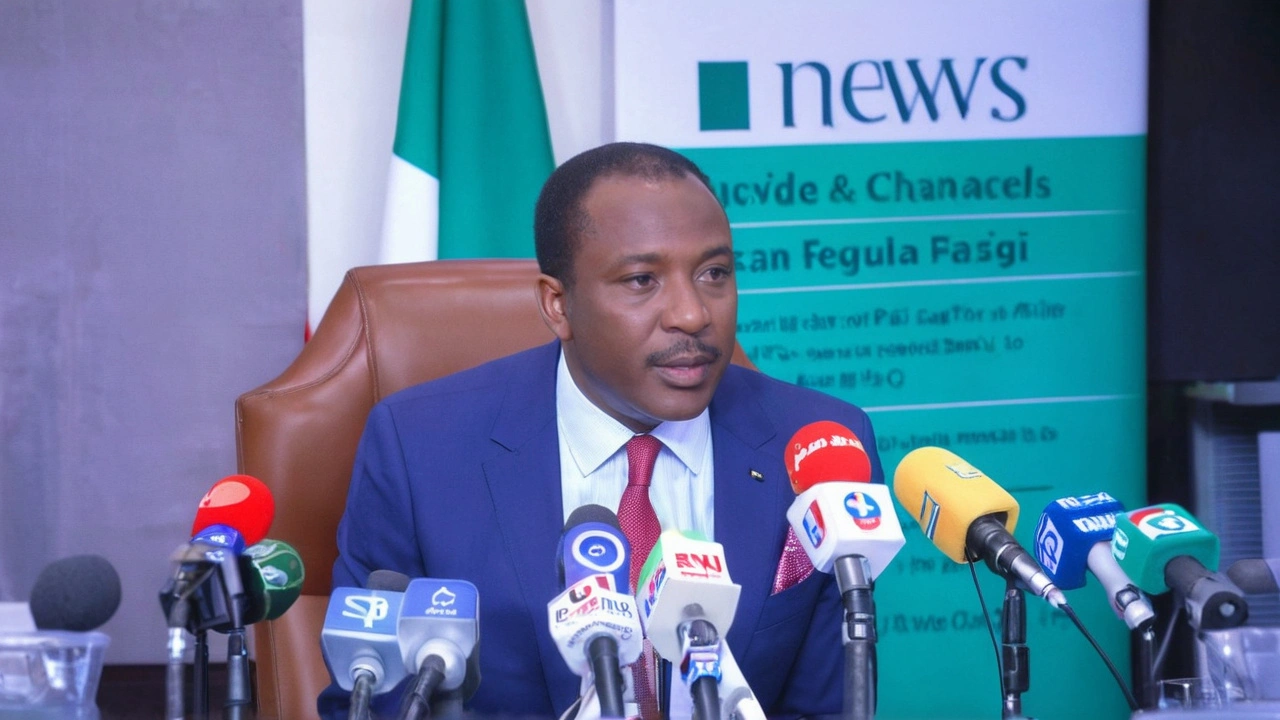N700 billion loan: what it means for you and the economy
N700 billion is a big number and when a government borrows that amount it touches prices, jobs, and future budgets. This tag collects news, official updates and clear explainers about any N700 billion loan proposals so you can follow what matters without the jargon.
Loans at this scale usually come from either local banks or foreign lenders and can be for short-term cash needs or long-term projects like roads, power or social programs. The key question is simple: who will pay it back, how much will interest cost, and what are the terms?
How a N700 billion loan can affect prices, jobs and taxes
If the loan funds productive projects that boost growth, it can create jobs and raise government revenue. But if the loan just fills a budget gap, it can push up inflation or force future tax hikes. Interest payments add to recurring spending, which may leave less money for schools, hospitals or infrastructure later on.
Currency matters too. If the loan is in foreign currency, depreciation of the naira makes repayments costlier. If it’s domestic, large borrowing can crowd out private lending and raise interest rates for businesses and households.
Watch for these red flags: vague project descriptions, unusually short repayment schedules, high interest compared with market rates, or loans tied to specific suppliers without open procurement. Those signs mean higher cost and less public benefit.
How to follow and evaluate a proposed N700 billion loan
Want to make sense of headlines? Start with the loan terms: interest rate, tenure, grace period, repayment schedule, and currency. Check who guarantees the loan — is it backed by future revenues, specific assets, or the full faith of the government?
Look for official sources: the Debt Management Office, Ministry of Finance, and parliamentary records. Civil society groups, independent economists and budget watchdogs often publish plain-language analyses. Local papers and CottonCandi News will report votes, debates, and amendments.
If you care about accountability, ask your elected representative these direct questions: What is the loan’s exact purpose? How will success be measured? Who will manage the funds? Will there be regular public reports on spending?
Freedom of information requests, public budget hearings and petitions are practical ways to push for transparency. Small actions — sharing clear explainers, attending town hall meetings or following watchdog reports — help hold decision-makers to account.
This tag is your go-to for updates, context and plain-language guides on the N700 billion loan. Bookmark it, subscribe to alerts if available, and check back when new developments appear so you can see how this borrowing might affect everyday life — from fuel prices to job opportunities.
